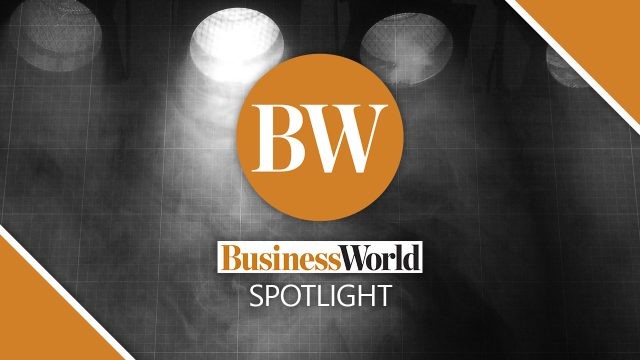Because if the president can’t force citizens to be vaccinated, then all the more so local government executives.
The foregoing is in response to a recent statement by a top government official that local government units (LGUs) can impose mandatory vaccination “through their legislative organs” via the exercise of “police power.” In fairness, such statement was qualified as something “theoretical.”
LGUs cannot force vaccination because of subsidiarity.
Indeed, local government units act under the constitutional pillar that is subsidiarity, which encourages smaller political units and civil society (LGUs, churches, the family) to take greater responsibility in governance matters. Subsidiarity is reflected greatly in the Constitution’s Article X, declaring that local governments enjoy local autonomy and each LGU is allowed to raise its own revenue.
Nevertheless, like any part of government, local government units can only act within the limits of the Constitution and existing laws, and for the purpose of furthering the general welfare clause, of which a variation is found in the Local Government Code (Section 16): “Every local government unit shall exercise the powers expressly granted, those necessarily implied therefrom, as well as powers necessary, appropriate, or incidental for its efficient and effective governance, and those which are essential to the promotion of the general welfare.”
LGUs cannot force vaccination because of police power.
Mention was made of the local government unit’s ability to act through the police powers of the State. But this comes with severe limitations. One is that under our system of government, the police powers are reserved to the National Government, particularly to the legislative branch (i.e., Congress), the enactments of which are left for the Executive Branch to implement. Local government units can so exercise police powers but only as delegated to it by the Constitution and by Congress. Many of such delegations are found in the Local Government Code.
This is different from a federal form of government, particularly as found in the United States. There’s this persistent misconception about federalism being merely a division of governmental functions: essentially one layer but of two levels. This is not true. That’s what we have right now with the present Constitution and the Local Government Code. It can be mostly top-down or bottom-up depending on how Congress formulates implementing legislation.
Federalism actually creates two competing layers of government. Or to be precise: two parallel authorities each equally exercising sovereign power over the citizenry.
Each “State” or LGU (i.e., province or region) is left to its own devices to generate domestic revenue and develop export markets, and is responsible for providing basic governmental services. It has the capacity to make its own laws, as well as judicial and law enforcement. In the case of the United States, police powers are left primarily to the individual State. The powers of the National (or federal) Government, for example, in dealing with the pandemic is limited. The one with true, sweeping powers to limit citizen’s rights by way of police powers (properly employed) is the individual State. The reverse is true in the Philippines.
Yes, to a certain limited extent, as may be allowed by Constitutional provision and legislative delegation, LGUs may exercise police powers. But even that mitigated ability comes with the condition that the exercise thereof is accompanied by a lawful subject and lawful means.
As for the latter, the Supreme Court described such as “means employed [that] are reasonably necessary for the accomplishment of the purpose and not unduly oppressive on individuals.” Such must also not violate the Constitution, i.e., must not violate due process and equal protection, as well as constitutionally provided rights.
These (Article III) rights include the protection that no law abridging the freedom of speech, of expression, or of the press, or the right of the people peaceably to assemble and petition the government for redress of grievances shall be made; that the free exercise and enjoyment of religious profession and worship, without discrimination or preference, shall forever be allowed; that the liberty of abode and of changing the same within the limits prescribed by law shall not be impaired except upon lawful order of the court; that the right to travel can be impaired only in the interest of national security, public safety, or public health, as may be provided by law; that the right of the people to information on matters of public concern shall be recognized; that the right of the people, including those employed in the public and private sectors, to form unions, associations, or societies for purposes not contrary to law shall not be abridged; that private property shall not be taken for public use without just compensation; and that no law impairing the obligation of contracts shall be passed.
If an LGU or any official thereof violates a citizen’s constitutional right, such citizen can sue such LGU or official, including with a claim for damages, particularly under the provisions of the Civil Code and other related laws.
LGUs cannot force vaccination because of eminent domain.
Incidentally, to compel vaccination or discriminate against the unvaccinated, particularly if it prevents access to business, employment, or property, can be considered a form of “taking” and thus constitutes an unlawful exercise of the power of eminent domain.
In the case of LGUs, eminent domain can only be exercised under limited conditions, as follows: “A local government unit may, through its chief executive and acting pursuant to an ordinance, exercise the power of eminent domain for public use, or purpose or welfare for the benefit of the poor and the landless, upon payment of just compensation, pursuant to the provisions of the Constitution and pertinent laws.” Consequently therefore, any official violating the foregoing provision of the Local Government Code could entail criminal, civil, and administrative liability on his/her part.
LGUs cannot force vaccination because of Executive Branch authority.
LGUs cannot be authorized by the president to implement mandatory vaccination, as the president merely has supervisory (not control) powers over them.
LGUs cannot force vaccination because of absence of Congressional delegation.
No law authorizes LGUs to impose mandatory vaccination. At present, in relation to the pandemic, governors and mayors merely have the power to procure without public bidding (Secs. 366 and 368, Local Government Code), to carry out emergency measures (Secs. 444 and 465), and promote general welfare and health (Sec. 16).
Local legislative bodies (i.e., the various Sanggunian) can only legislate in relation to health matters if such deal with the implementation of primary healthcare, maternal and child care, and disease control services, access to secondary and tertiary health services; purchase of medicines, medical supplies, and equipment needed to carry out the services herein enumerated.
“Emergency measures” and “disease control services” cannot include mandatory vaccination as LGU measures that entail restricting constitutional rights need express (not implied) congressional authorization.
And we know that LGU pandemic powers and responsibilities are envisioned to be limited because the Local Government Code itself points out that “in cases of epidemics, pestilence, and other widespread public health dangers, the Secretary of Health may, upon the direction of the President and in consultation with the local government unit concerned, temporarily assume direct supervision and control over health operations in any local government unit for the duration of the emergency, but in no case exceeding a cumulative period of six months. With the concurrence of the government unit concerned, the period for such direct national control and supervision may be further extended.”
So bottom line…
The LGU clearly therefore just can’t, on its own, compel citizens to be vaccinated. For it to do so would require a law by Congress. And Congress has not made a law expressly authorizing mandatory vaccination.
But even if the latter were to do so, the burden of proving that a mandatory vaccination law is constitutional falls on those proposing the measure (see “Forcing people to be vaccinated is illegal and wrong,” Aug. 5). Thus, they must prove that such is “reasonably necessary” and “not unduly oppressive on individuals.” The scientific facts presently available to us now however indicate that contemplated mandatory vaccination measures categorically fail on both counts.
Jemy Gatdula is a senior fellow of the Philippine Council for Foreign Relations and a Philippine Judicial Academy law lecturer for constitutional philosophy and jurisprudence
https://www.facebook.com/jigatdula/
Twitter @jemygatdula

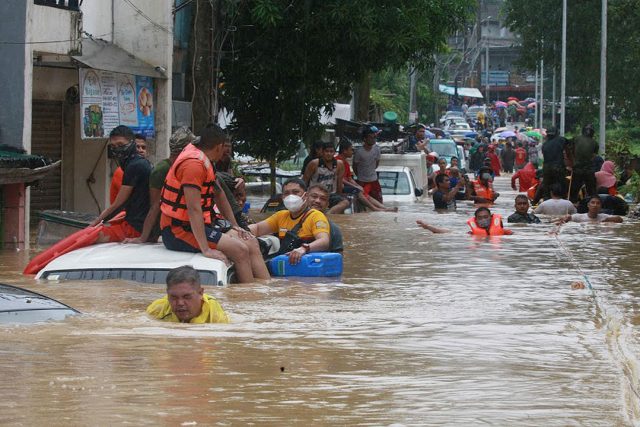
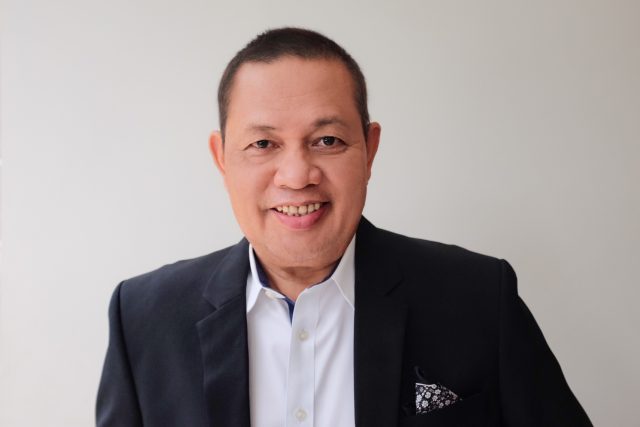


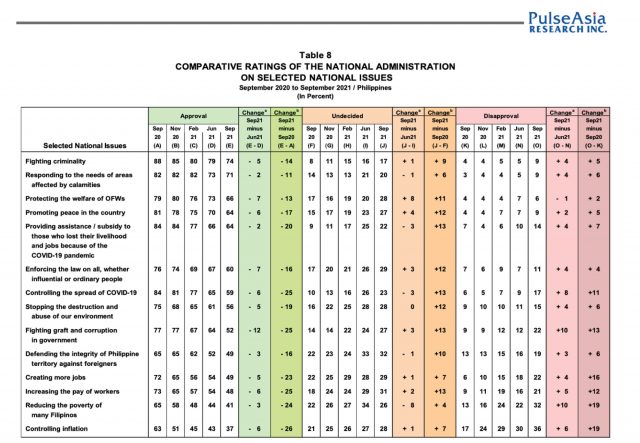

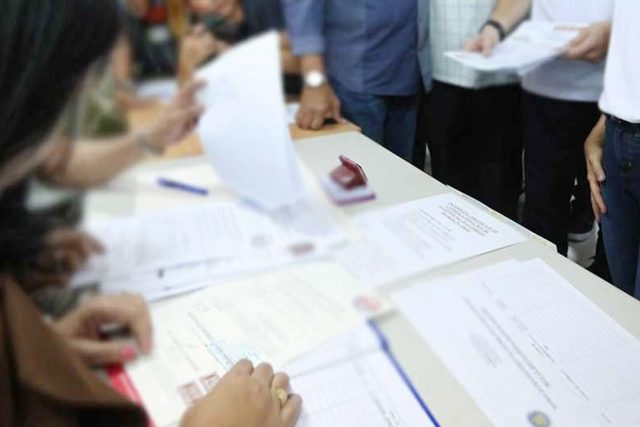
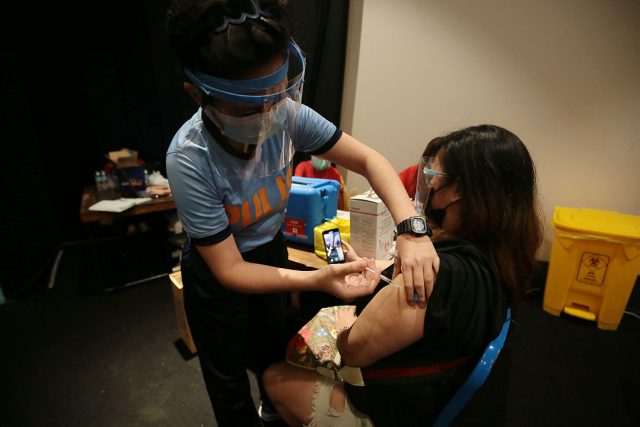
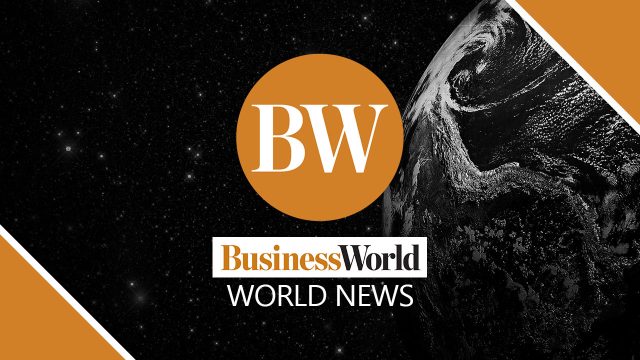
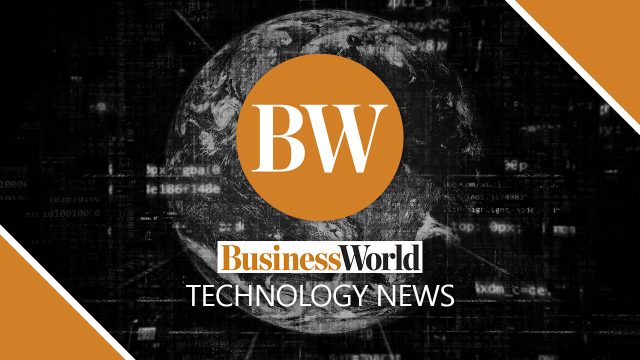

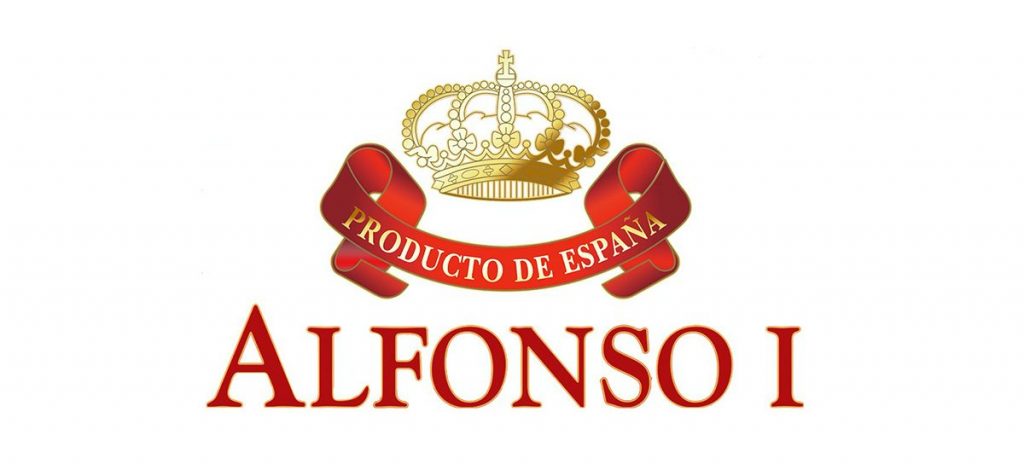 IWSR Drinks Market Analysis Limited, the global benchmark for beverage alcohol data and intelligence, had identified leading imported Spanish brandies, such as Alfonso, as among the growth drivers of the imported spirits segment.
IWSR Drinks Market Analysis Limited, the global benchmark for beverage alcohol data and intelligence, had identified leading imported Spanish brandies, such as Alfonso, as among the growth drivers of the imported spirits segment. The Keepers owns three major players in the Philippine imported liquor, wine and specialty beverage distribution segments, namely, Montosco, Inc., Meritus Prime Distributions, Inc. and Premier Wine and Spirits, Inc.
The Keepers owns three major players in the Philippine imported liquor, wine and specialty beverage distribution segments, namely, Montosco, Inc., Meritus Prime Distributions, Inc. and Premier Wine and Spirits, Inc.